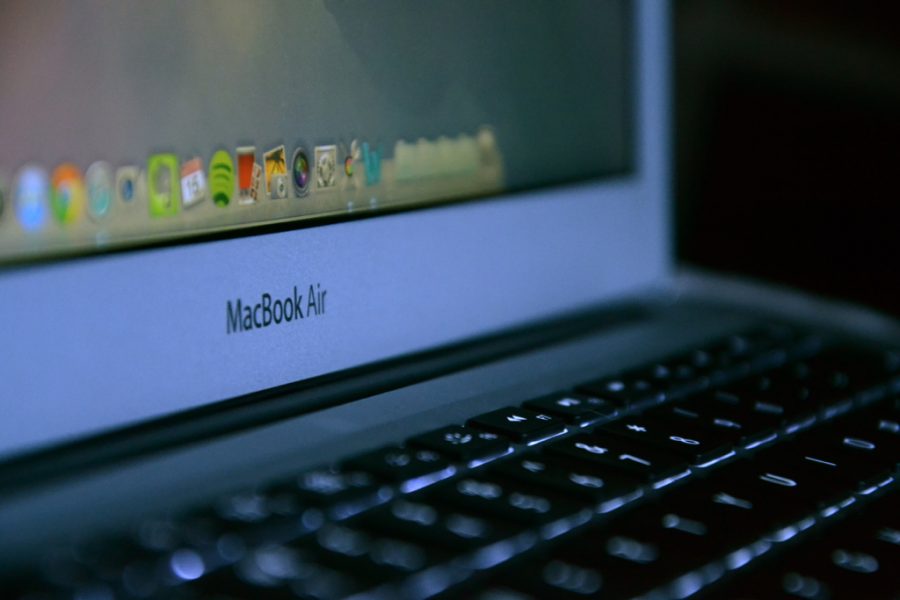Zoom cameras should be encouraged for class, not required
Daniel Dudek / Creative Commons
Some professors require their students to keep their webcams on for the duration of the class.
With the semester and online classes now in full swing, students and faculty are becoming more used to the online learning and teaching environment. However, hosting classes on Zoom creates a dilemma regarding how attentive students can be during class time.
Zoom’s option for participants to turn off their camera and microphone provides the opportunity for students to be in class without participating or potentially without paying necessary attention. This creates the dilemma of whether or not professors should require students to have their camera on for the entirety of class.
This should not be a requirement by professors for many reasons, yet the mentality behind the argument is understandable. While it is easier to see which students are engaged and paying attention when their cameras are on, there are many reasons as to why a student might want to leave their camera off. For one, some classes are quite long, making using the restroom or cooking and eating during class necessary. It can be awkward to leave the camera on when going back and forth, and it can also be distracting for the professor and other students.
Having the camera off during class doesn’t mean the student isn’t paying attention, and it also doesn’t mean they can’t engage. I’ve been in situations where I’ve had to have both the camera and microphone off during class because I was in public right after work, and I still engaged in class by typing in the chat. On the other side, having a camera on doesn’t mean that the student is paying attention. They can have the camera on while browsing other unrelated online sites during class without the professor’s knowledge.
Having the camera on for the entirety of class can also create unnecessary anxiety and make students uncomfortable. Some students may be more inclined to engage and participate in class if they are not worried about how they look while speaking. Students also have a right to privacy when it comes to their personal lives, and there are certain aspects of their home or where they’re staying that they may not want their classmates and professor to see.
Some students also do not have access to strong internet connection from where they’re tuning in from, making the video and audio potentially lag or break up. This makes it difficult to have the camera on if students have to join from their phone in the car or similar situations.
It may seem that it is unfair to require the professor’s camera to be on while the students don’t have the same requirement, but the responsibilities of a professor are different from those of the student. What matters most is that the student is paying attention, attending class and completing required assignments, and students can do that whether or not their camera is on.

I'm Isabella Bass, and I'm a junior Writing and Rhetoric major with a concentration in Journalism and Digital Media. I've lived in Austin my whole life,...







